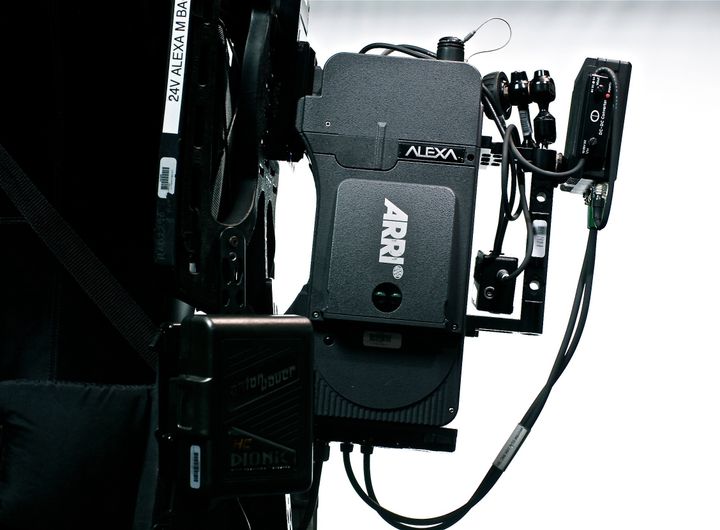Live in the Here and Now: An Excerpt from Guidelines

I didn’t fully grasp the power of reading until after I graduated from college. Probably because up until that point, every book I was supposed to read was being shoved down my throat by teachers and professors, instead of being a book that I chose to read on my own.
However, in the last ~2 years reading has become something that I make time for every single day, because the ROI that you get from reading a $5 to $15 book is so substantial.
For example, when in college I bought I Will Teach You to Be Rich by Ramit Sethi for $1 at a book sale. That book alone has allowed me to save $5,000+, accumulate 100,000+ airlines rewards miles (worth thousands of dollars), automate my finances, pay off my credit card debt, negotiate fees and much more. The ROI that came from this $1 book was incredible. Ever since then, every time I read a book, I seek to come away with at least one insight that I can use to yield an ROI that makes the purchase of the book worth it.
One of my friends, Paul Minors, a productivity blogger recently wrote a book, called Guidelines. In this book, Paul drew upon a wide variety of some of the latest and greatest personal development books seeking to pull out the essential “guidelines” for living a purposeful, productive life.
Paul wrote this book in response to this question that he asked himself: Wouldn’t it be great if all of the most important ideas and advice [from the most popular self-help books] could be summarized in one place?
Paul’s answer was this book, Guidelines. The book is well written and extremely concise, making it a worthwhile read for anyone looking to level up. Below is an excerpt from Paul’s book, Guidelines.
Live in the here and now
It’s easy to get caught up obsessing about the future and achieving our goals. The fact that you’re reading this says something about you as a person. It says you’re someone who’s interested in self-improvement and are likely to be someone who thinks a lot about where they’re heading and what they want the future to look like. While this is a good trait to have, remember to live in the here and now. Be present and appreciate what you have at this point in your life. When you obsess about the future or dwell on the past, you fail to enjoy what’s actually important. But what is important? What is happening around you right now in the moment?
In The Obstacle is the Way, author Ryan Holiday shares why living in the moment is important and why we shouldn’t use the past or future as an excuse for giving up:
“It doesn’t matter whether this is the worst time to be alive or the best, whether you’re in a good job market or a bad one, or that the obstacle you face is intimidating or burdensome. What matters is that right now is right now.”
He goes on to highlight that the obstacles and problems we face are only made challenging by the way we perceive them. It doesn’t matter what’s happened in the past or what the obstacle could mean for the future. These thoughts shouldn’t influence what’s important—which is making the right decision based on where you are right now.
“The implications of our obstacle are theoretical—they exist in the past and the future. We live in the moment. And the more we embrace that, the easier the obstacle will be to face and move.”
In Essentialism, Greg McKeown discusses how being present helps you prioritize and identify the most important tasks to work on right now:
“When faced with so many tasks and obligations that you can’t figure out which to tackle, stop. Take a deep breath. Get present in the moment and ask yourself what is most important this very second—not what’s most important tomorrow or even an hour from now.”
Now this doesn’t mean you should forget about the future. Of course, what you do today will have an impact on what you achieve a week, month or year from now. But when you feel overwhelmed with things to do, let this all drop away. Focus instead on what’s most important right now. Use the here and now as a filter as a way to identify your most important tasks.
Living in the here and now doesn’t just mean living in the present moment. It also means being more aware of your current environment. In Manage Your Day to Day, Scott Belsky points out how easy it is to distract yourself using technology and challenges the reader to instead focus on being present during the day:
“These days, when a meeting, movie or lecture comes to an end we immediately check in to social channels to see what’s going on. Take a break from checking your smartphone during transitional moments. Open yourself up to opportunity and serendipity. Take the time to see how you’re feeling. Be in the present and chat to someone you don’t know. It’s amazing what secrets you can unlock in your mind and around you.”
As we come to the end of this book, I’d like to leave you with this idea from Hal Elrod, author of The Miracle Morning:
“Give yourself the gift of investing just 30 days to make significant improvements in your life, one day at a time. No matter what your past has been, you can change your future, by changing the present.”
This quote does a great job of communicating something very important; it doesn’t matter what’s happened in the past. However, if you want to change the future, you need to focus on the present moment and how you’re living your life right now.
Above all else, remember that if you forget to live in the present, you risk missing all the amazing moments that are going on around you right now. Moments you’ll never get back. You may find you get to the future and it’s not what you expected. You may find yourself looking back regretting not being more present. You’ll be thinking that you won’t make the same mistake again without even realizing that by dwelling on the past you’re missing another beautiful moment. Remember to be present every day. Don’t obsess about the future, stop dwelling on the past and enjoy the here and now.
What is Guidelines?
Reading more is something most people have on their to-do list, but is something that often gets pushed to the side due to a lack of time or other tasks taking priority. To help with this, I’ve created a new ebook, called Guidelines, that summarizes the main lessons learned from 30 best-selling self-help books.
Guidelines lists 27 rules (or guidelines) that help you improve your productivity, become a better leader, do better in business, improve your health and succeed in life. The book digests the best points from over 30 best-selling books like The 4-Hour Work Week, The Miracle Morning and The Obstacle is the Way into 27 specific and actionable guidelines.
Guidelines isn’t a replacement for these books (which everyone should read), but it is a quick way to take action on the most beneficial pieces of advice.
If you want to pick up a copy of Guidelines, it’s available as a 68-page ebook and 97-minute audio book. Go ahead and pick up a copy today.


